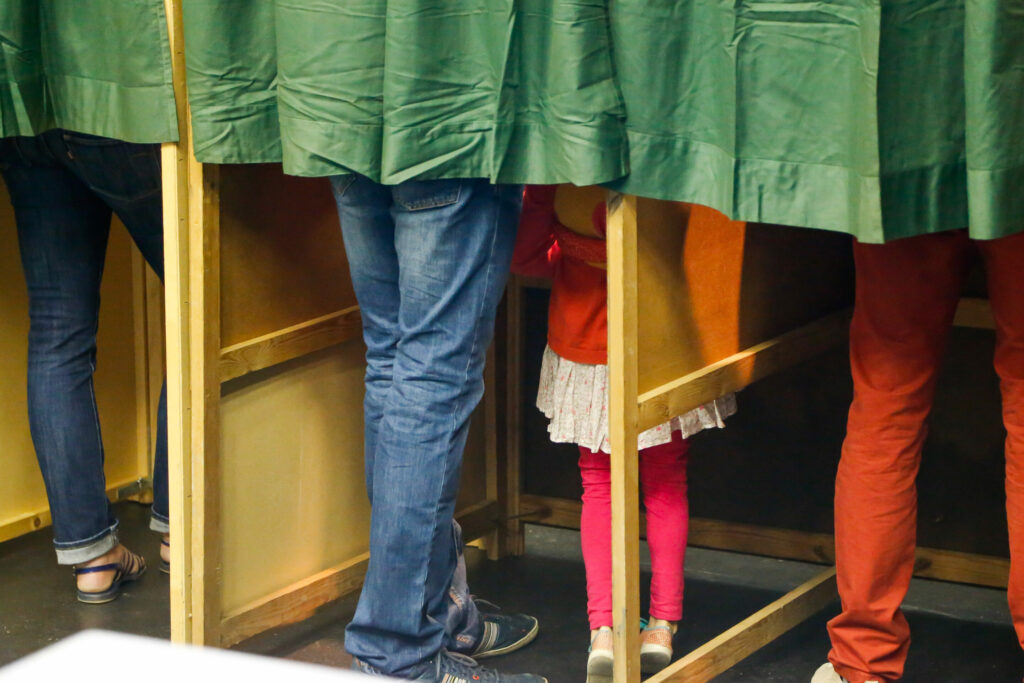In the final throes of the campaign season running up to Belgium's election bonanza, 20% of the electorate remain undecided about who to vote for.
'Not Like Us', a study carried out by UAntwerp, Brussels universities ULB and VUB, UC Louvain, KU Leuven, UNamur and UGent, shows that many Belgians, across all regions, are struggling to decide on a political home.
In the findings, 18% of people in Flanders, 21% in Wallonia and 16% in Brussels do not yet know who they will vote for on Sunday. This is more due to hesitation between two or more parties rather than political apathy, the data suggests.
"These are probably conservative estimates," Jonas Lefevere from UAntwerp told The Brussels Times. "Undecided voters are more often female and are more often not interested in politics, which is probably one of the main reasons why they are undecided – simply because they haven't really followed the campaign all that much. They will likely make up their minds in the final week of the campaign."
Findings are based on data collected at three stages: after the election campaign in 2019, at the beginning of the current election campaign in February, and once in May, just three weeks before election day. Results are much the same across all three regions.
Who can't decide?
Indecisive voters are spread fairly equally across all age groups, with the exception of over-65s, where they are fewer. Gender-wise, women tend to be more indecisive than men. The two groups differ by ten percentage points – the same as in 2019.
In 2019, those with a higher level of education were less likely to be indecisive, but this gap has decreased somewhat during this electoral campaign. The study suggests that this is due to the rise in popularity of the Belgian Worker's Party (PTB-PVDA) and Flemish far-right Vlaams Belang. Both parties have succeeded in attracting lower-educated voters, the analysts point out.
Researchers stressed that a difficulty to decide which candidate or party to back is not representative of a full-blown rejection of politics. When asked about their faith in the democratic political system, undecided voters scored between four and six on a scale of one to ten. This isn't greatly different to voters with a clearer idea of which party they support.
According to the study, this category tends to have a "lukewarm" relationship with politicians and parties. "They are slightly dissatisfied with democracy in Belgium (between 3.2 and 3.4) and have a moderately high level of political cynicism (around 3-3.5)."
Related News
- Elections in Belgium on Sunday: What to know before going to vote
- Over 255,000 Belgians living abroad registered to vote
- Belgian elections for dummies
Because these voters are more likely to be stuck between parties rather than dismissive of the electoral process, they are "politically relevant" for candidates during the final push for support, says Lefevere. "These people have not turned away from politics completely, so it is obviously important for parties to try and appeal to these voters," even in the eleventh hour.
The proportion of undecided voters has barely changed between the beginning and the end of campaign season. This suggests that uncertain voters for are likely to make a decision in the days immediately preceding the election, or even once in the ballot box.

